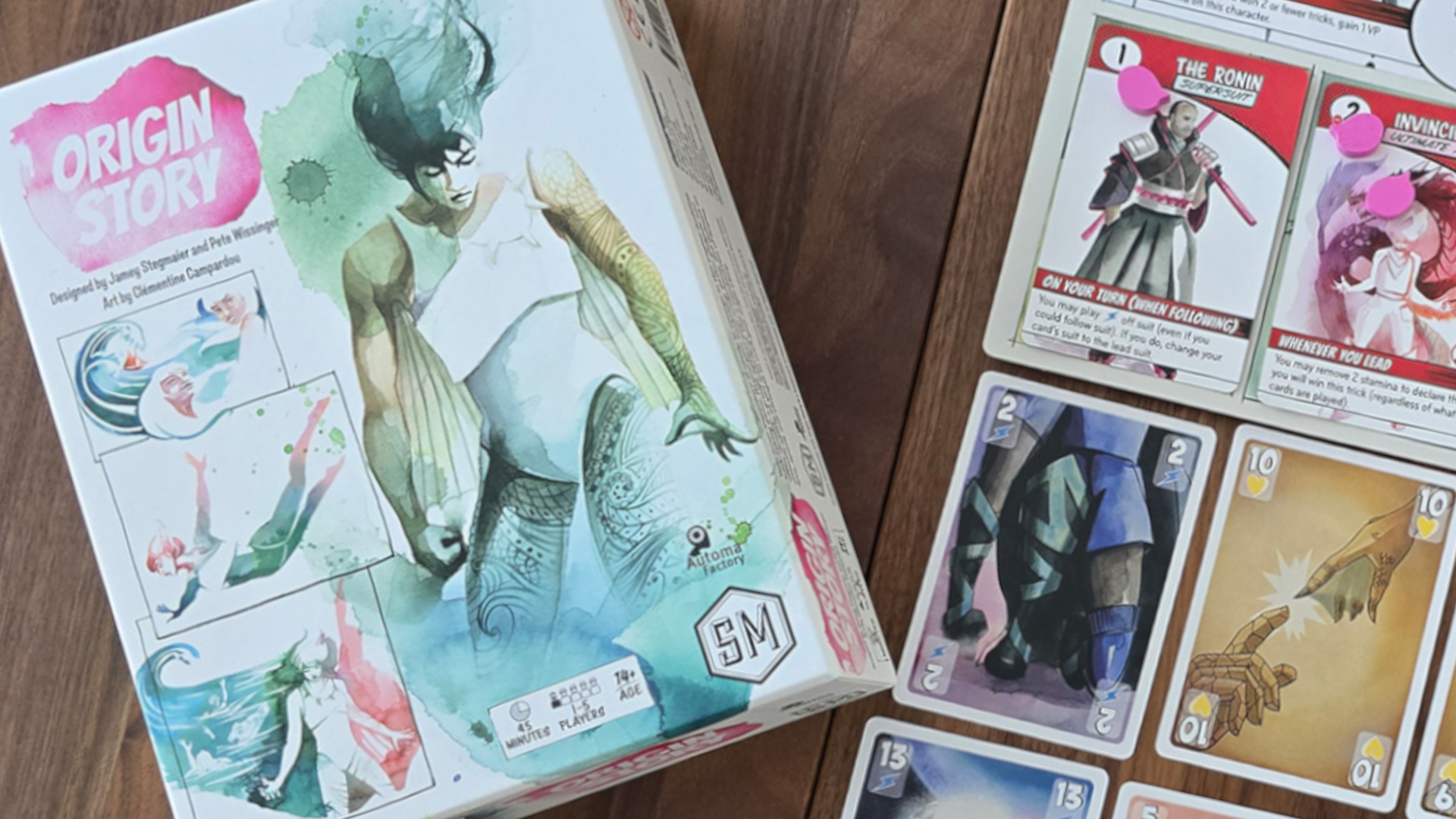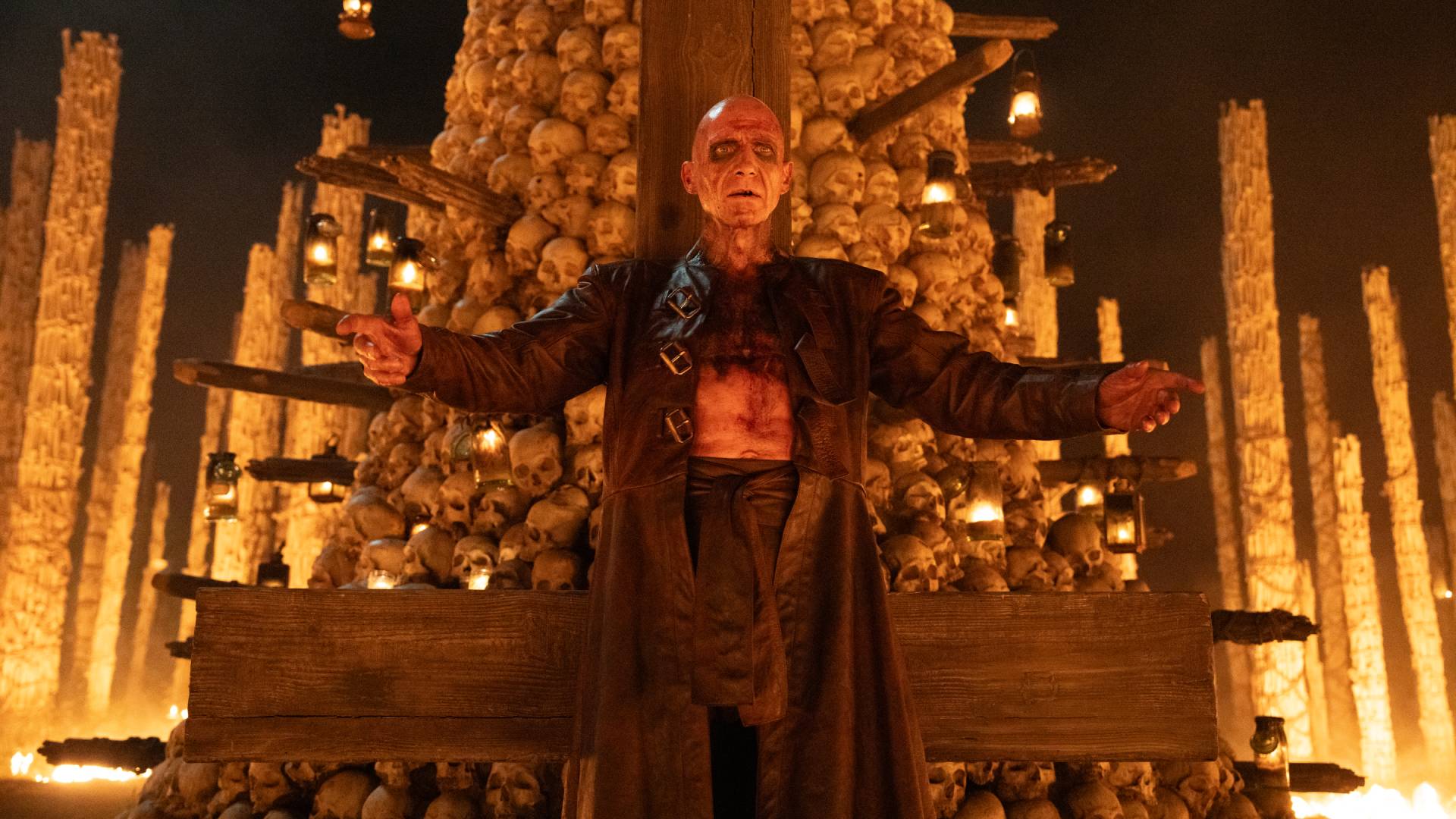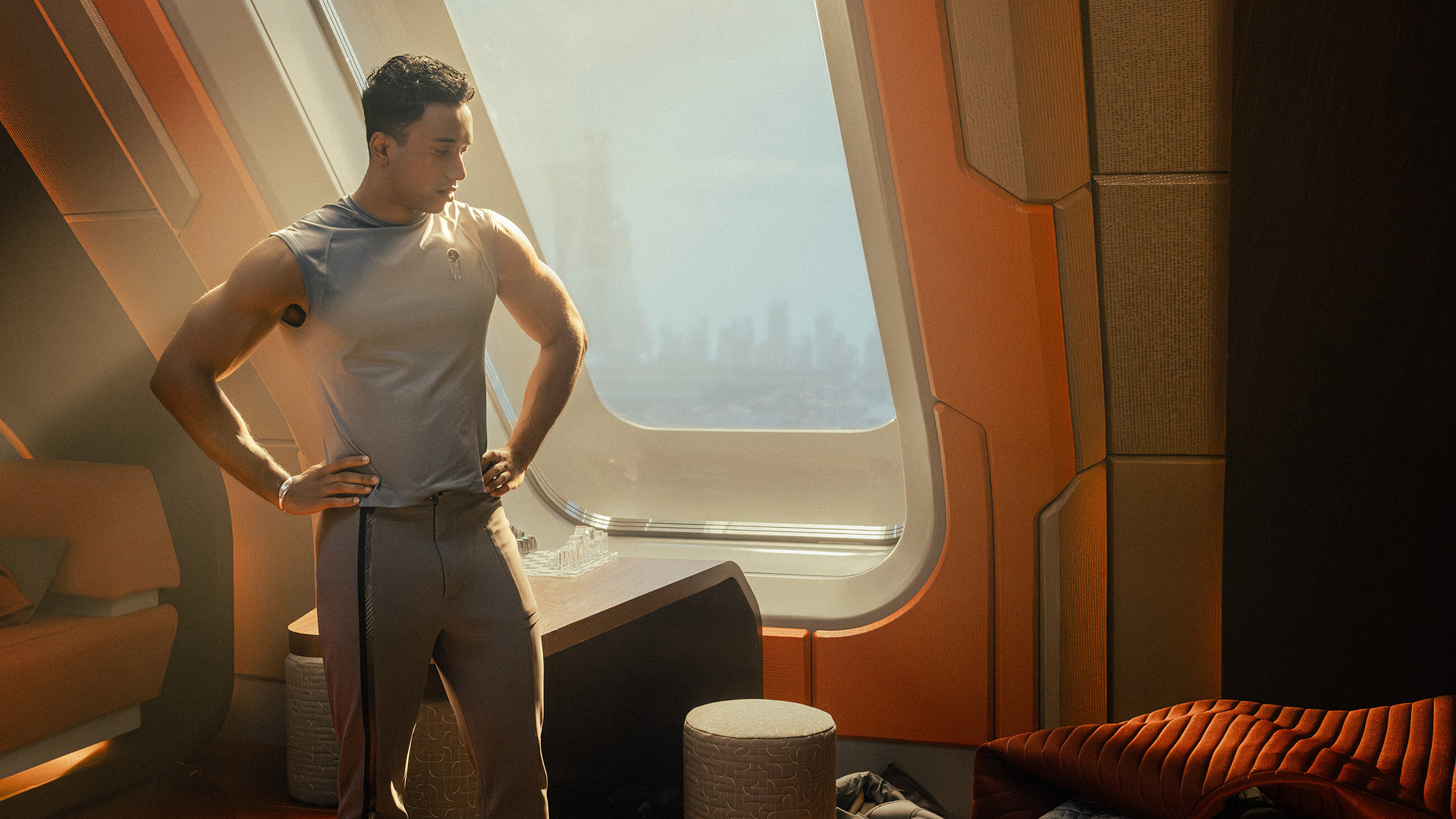"Hollywood is about pitches and one line descriptions..."
Noah Baumbach on how writing against the norm nabbed him an Oscar nod
How hard was it to write this project bearing in mind it’s semi-autobiographical?
When I started writing it, it really was about not censoring myself and writing as openly and honestly as possible. I had to look at where that took me, knowing that it was fiction so I wouldn’t worry then about picking something very real – because by the time I got to the end of the page, it would turn into something very different. I think it was the first time in my career that I felt I had the patience to let the script define itself, rather than impose my own ideas, you know.
So you could detach yourself from it, while drawing on your own experience of your parents' divorce?
Yeah. I think when I was a teenager I always felt like at some point I would want to deal with it in some way. Around the time I was turning thirty I found myself writing this, almost a little off-guard – which I think was the best way for it to happen because if I’d deliberately dealt with it, I would get in my own way. I didn’t want to censor myself or worry that this is a movie, or question what I was doing so in a way, I backed myself into it. So I started writing about what I was actually doing, writing about a thirty year-old guy thinking about when his parents divorced. At this point, I realised that I was going to end up with a movie of flashbacks, so I changed it and went right from the kid’s perspective.
That helped you gain more focus do you think?
Yeah, definitely, it gave me my way in to it and once I started writing from the kid’s perspective I suddenly had all this energy to write the story – in both conscious and unconscious ways but once I found myself there, I couldn’t stop.
Is it getting easier to get Hollywood interested in a script like this?
Hollywood is about pitches and one line descriptions – you have to try and match the script to that idea and in some ways this was more about letting the characters and moments become the story. Marketing plays a big part in whether movies are greenlit and when you look at great movies from last year such as Crash or A History Of Violence, they present more of a challenge to get them into the marketplace. If the criteria was more about what you were saying or about personal vision then we would probably have more of those movies. I can understand if you’re investing a lot of money in a movie and you want to make your money back – so movies are about getting it to play to as many people as possible and unfortunately that sucks the life out of the movies.
Owen Kline put in an impressive performance. How did his casting come about?
He’s such a great kid, Owen. I had been auditioning kids and Owen’s parents, Phoebe Cates and Kevin Kline are friends and my wife would keep saying I needed someone like Owen – so I finally just asked them directly. It’s helpful that his parents are so great and Owen is so sane – I think having been around actors he knows the difference between acting and life so he was able to see Frank, the character, without taking it into his own life.
How old was he during filming?
He was twelve when we shot, so we made sure one or both of his parents were there the whole shoot. We were very open with each other and I would act out the most delicate scenes in the movie, so they became the easiest.
You would physically show him what you wanted?
Yeah, I wanted to take the embarrassment factor out of it for him or maybe enhance it by acting it myself – but I love Owen, he’s such a special kid and it’s that perfect combination of a really terrific actor. Part of it is he’s just a really open and honest kid who’s willing to give himself over to things. I had very specific ideas of how I wanted all these parts played and that was really exciting, working with these actors, I feel really privileged to have been around them – they all really inhabited their parts.
Bringing all the latest movie news, features, and reviews to your inbox
The title is a bit of a mouthful – was there ever a time where you might have changed it?
Well, I came to it very naturally when I was writing the script. I never really had a working title and I feel like the art of movie titles has kind of been lost in many ways. Understandably from a marketing point of view, you want titles that are going to get people excited but in books, we accept obscure titles, so why not go with that for a movie? I put the title up before the movie and at the end because I like that it has different significance after you’ve seen the movie.
How did your parents react to the movie?
My parents liked the movie. I think the first time they saw it, they were probably bracing themselves but I think the second time they were really able to watch it as a movie. Both of my parents were fiction writers so they’ve written about their parents fictionally, so I think they get it but at the same time it must be really weird.
The Total Film team are made up of the finest minds in all of film journalism. They are: Editor Jane Crowther, Deputy Editor Matt Maytum, Reviews Ed Matthew Leyland, News Editor Jordan Farley, and Online Editor Emily Murray. Expect exclusive news, reviews, features, and more from the team behind the smarter movie magazine.


